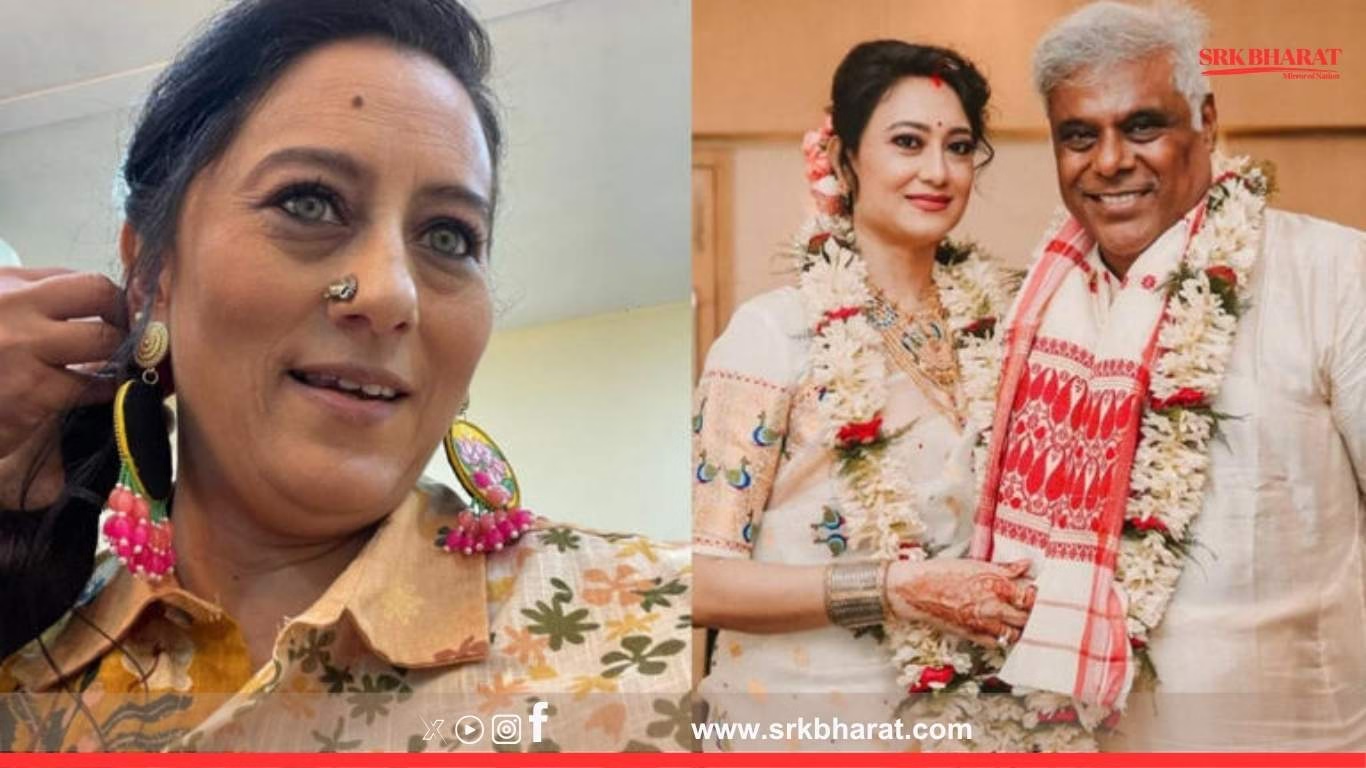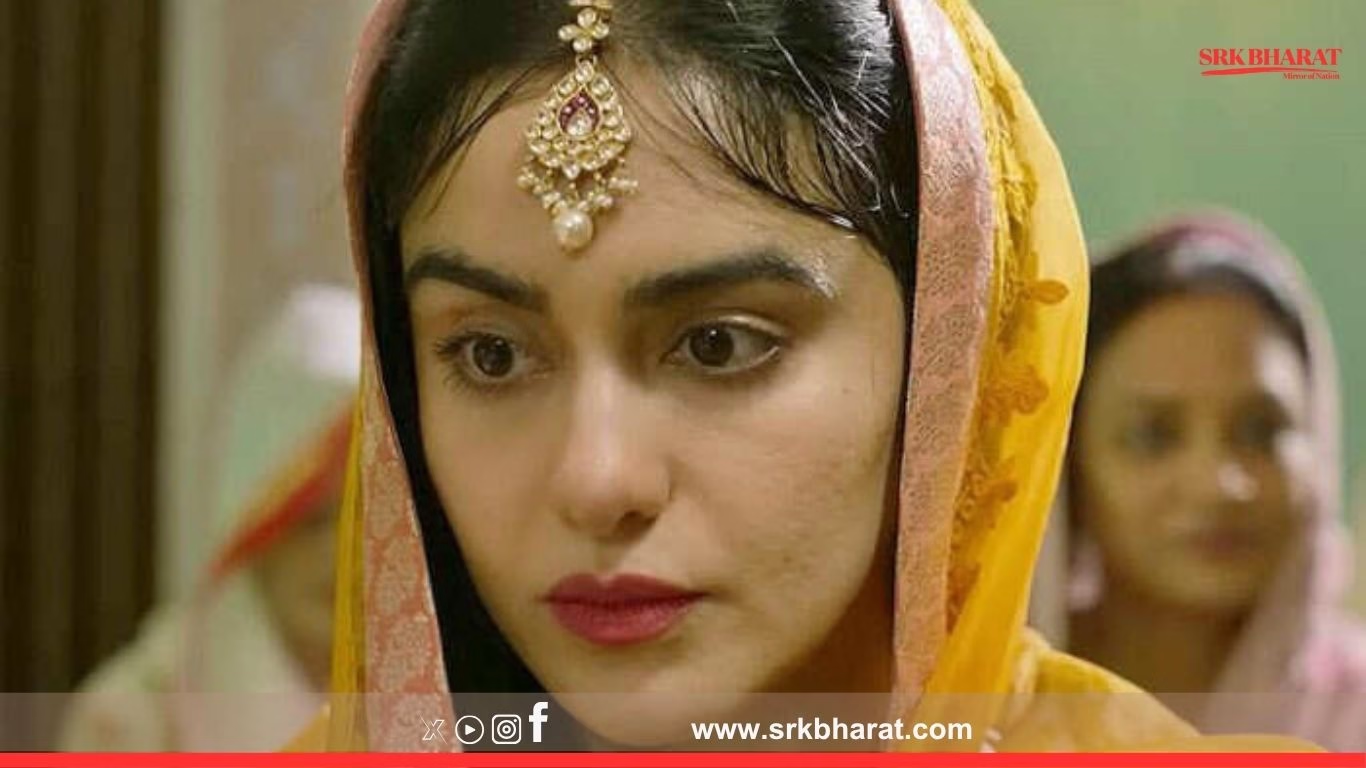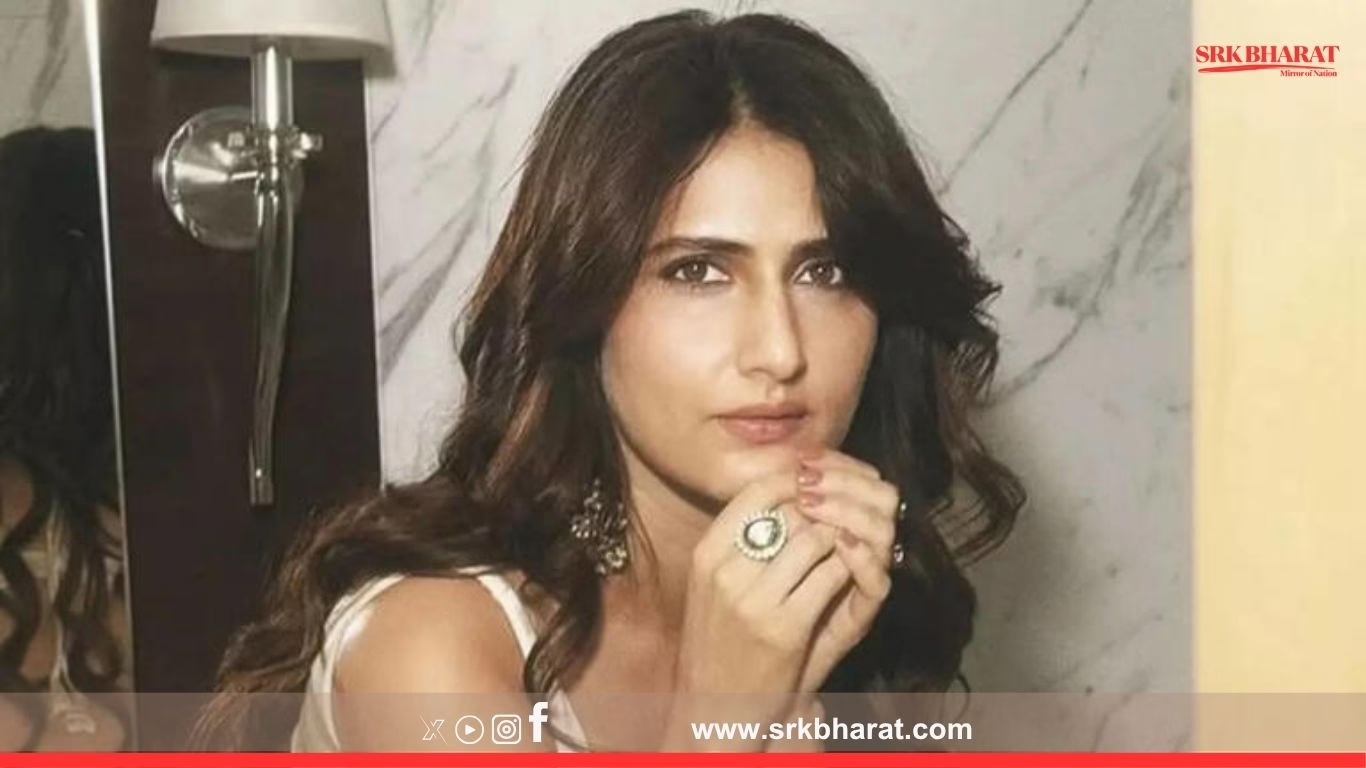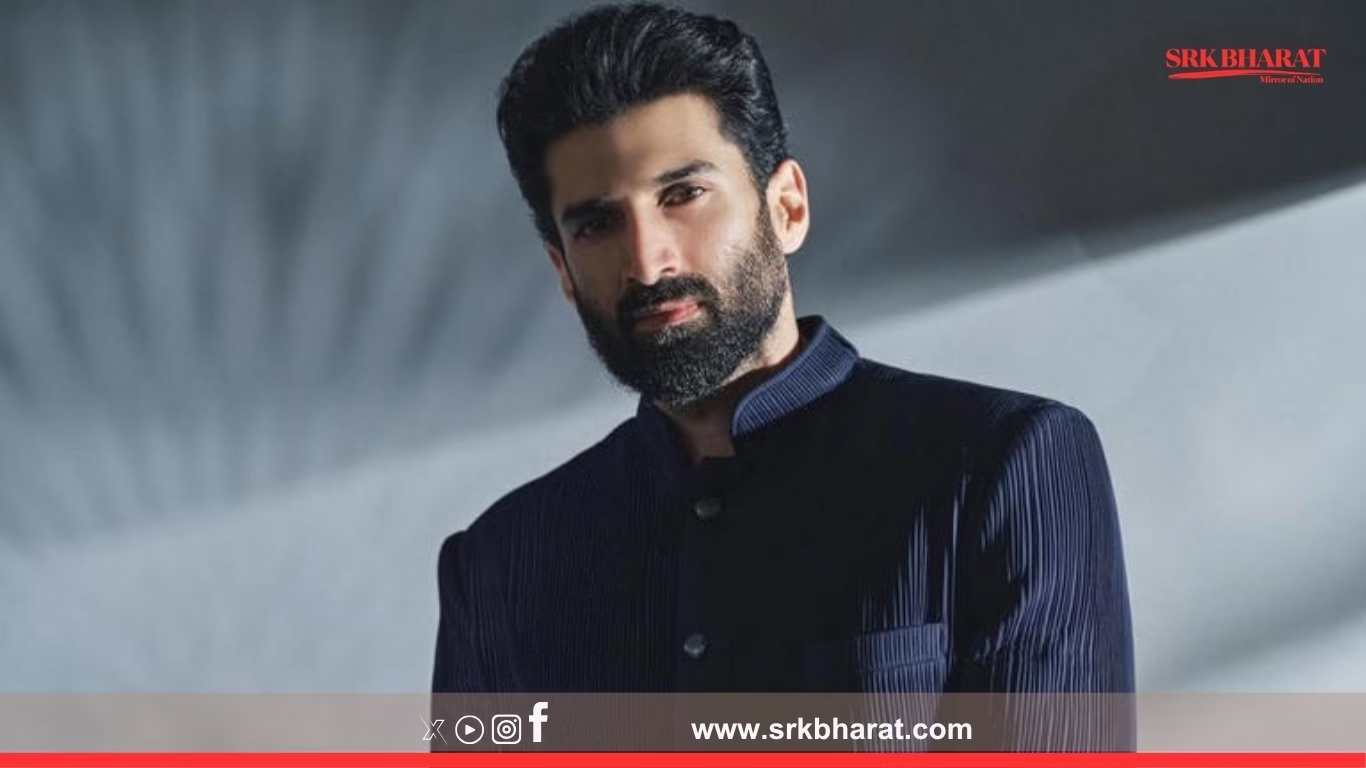In a world where public figures constantly navigate personal decisions under the spotlight, the discourse around identity after divorce has recently reignited with actor Ashish Vidyarthi’s ex-wife, Piloo Vidyarthi, opening up about her choice to retain her ex-husband’s surname. In an interview that has quickly gathered attention online, Piloo candidly addressed why she still goes by “Vidyarthi” despite their marriage having ended — sparking conversations on women’s identity, societal expectations, and emotional transitions post-divorce.
Piloo, a popular theatre artist, educator, and communication coach, was married to veteran actor Ashish Vidyarthi for over two decades before they quietly parted ways. Their separation, while amicable and devoid of public drama, became a topic of interest after Ashish remarried in 2023. Since then, questions about Piloo’s choice to continue using the “Vidyarthi” surname have been raised across social media and entertainment circles.
‘If You Marry Again…’: Piloo’s Straightforward Reply
During a recent panel discussion on identity and relationships, Piloo was asked whether she ever thought of dropping the surname “Vidyarthi” after the divorce. Her reply was thoughtful yet clear: “If you marry again, you can take that person’s name. If not, you keep the name you’ve had for over 20 years. It’s your identity too.”
Piloo explained that her decision was less about clinging to a past relationship and more about preserving a professional identity built over years. “People know me as Piloo Vidyarthi — in my work, in my theatre circles, even among my students. Why would I have to dismantle that identity simply because a relationship ended?” she asked rhetorically.
Public Reactions: From Empathy to Trolling
The internet, divided as always, offered a spectrum of reactions. While many lauded Piloo for her mature and self-affirming stance, others took a more critical view, suggesting it was inappropriate to retain an ex-husband’s surname, especially when the former spouse had moved on.
However, voices from the legal and women’s rights community were quick to defend her. As family law expert Anita Rao commented in a webinar, “There is no legal compulsion to drop a married surname after divorce. It’s a personal choice. Identity isn’t transactional — it’s built over time and experience.”
Why Women Keep Their Ex-Husband’s Surname Post-Divorce
This isn’t a new phenomenon. Many women across the world continue using their ex-husband’s last name for reasons ranging from personal branding and parenting convenience to emotional continuity and professional association.
Common reasons include:
- Consistency for children: Mothers and their children often share the same surname, helping with school and legal documents.
- Professional branding: Especially for women in media, academia, and business, name recognition is critical.
- Emotional familiarity: After decades of being known by one name, a sudden change can feel like an erasure of identity.
Piloo’s Career: More Than Just an Actor’s Wife
To understand Piloo’s perspective, it’s important to acknowledge her own accomplishments. A powerhouse in communication training and theatre, she has coached CEOs, mentored students, and written on topics related to emotional intelligence and performance arts. She is a co-founder of a communication consultancy and continues to perform on stage across India.
While her marriage to Ashish Vidyarthi introduced her to the film and theatre circuits, her career stands independently. Many have pointed out that it’s this very independence that strengthens her argument about identity not being bound to marital status.
Celebrity Women Who Kept Their Married Names
Piloo is not alone in this practice. Several women in the Indian and international public sphere have opted to keep their married surnames post-separation:
| Celebrity | Former Spouse | Status | Retained Surname? |
|---|---|---|---|
| Malaika Arora | Arbaaz Khan | Divorced | No |
| Sussanne Khan | Hrithik Roshan | Divorced | No |
| Amrita Singh | Saif Ali Khan | Divorced | Yes (for many years) |
| Jennifer Aniston | Brad Pitt | Divorced | No |
| Kim Kardashian | Kanye West | Divorced | Initially yes, later changed |
| Piloo Vidyarthi | Ashish Vidyarthi | Divorced | Yes |
These examples underline that the decision is personal, context-specific, and not bound by rigid norms.
What the Law Says
Indian law does not mandate that a woman must give up her married surname after divorce. She is free to continue using it unless there is an explicit legal requirement to revert (as in certain governmental roles or legal petitions). The choice remains entirely up to the individual.
However, if a woman remarries, and adopts her new spouse’s surname, it’s advisable to update official documents accordingly. Conversely, retaining the previous surname is also legally acceptable unless challenged in a specific legal context.
The Emotional Side of Name Changes
Changing one’s surname after a divorce is not merely a bureaucratic process — it’s often an emotionally charged decision. For many women, it symbolizes closure; for others, it may feel like losing a part of themselves, especially if they built a life and identity under that name.
Piloo’s candid take on the issue opens up an important conversation: must women always align their identity with their marital status? Or can their personal and professional names exist beyond the constraints of relationships?
A Message for Women in Transition
Piloo’s message is subtle but strong — a call for women to take ownership of their stories. Whether it’s retaining a surname, reshaping a career, or starting anew, the central idea is empowerment through choice.
In a world quick to pass judgment, her clarity and confidence offer a breath of fresh air. She reminds us that dignity after divorce doesn’t lie in denial or withdrawal, but in embracing your identity and moving forward — on your own terms.
Disclaimer: This article is intended for informational and journalistic purposes only. It is based on public interviews, statements, and commonly available records. Any references to personal life decisions are included to shed light on evolving cultural and social norms, not to pass judgment or speculate on individual motives.











